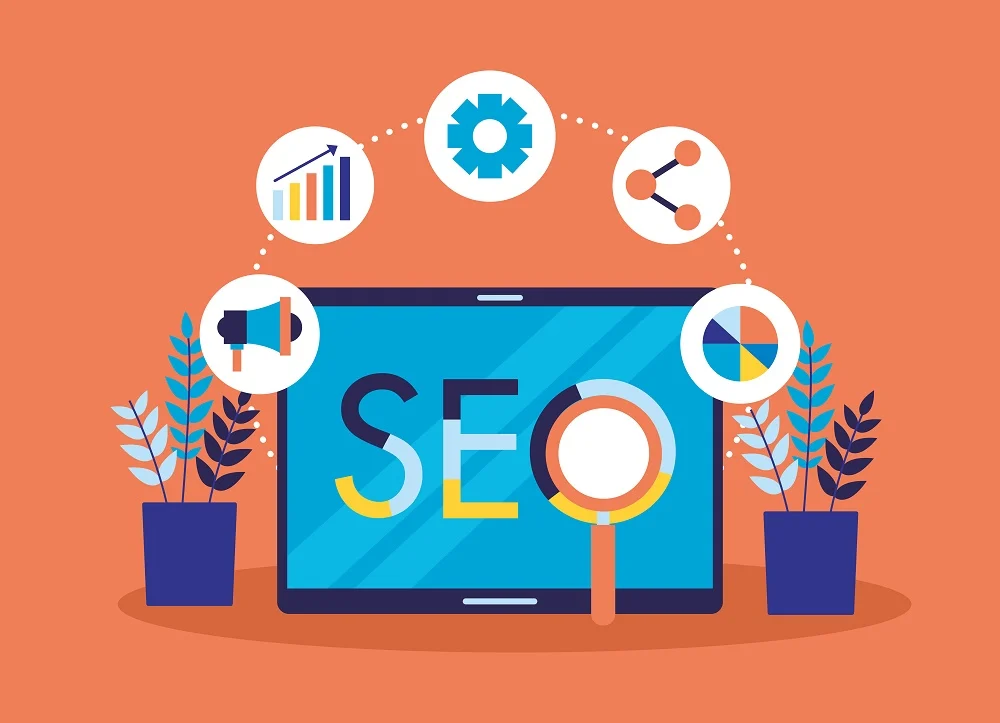As the digital marketing landscape evolves, artificial intelligence (AI) continues to revolutionize how businesses approach search engine optimization (SEO). AI-powered SEO tools are rapidly gaining traction due to their ability to automate tasks, analyze large datasets, predict user behavior, and improve website performance. This article explores the current state of the AI Based SEO Tools Market, emerging trends, and actionable insights for businesses and marketers.
The Rise of AI in SEO:
Traditional SEO practices often required extensive manual research, time-consuming keyword analysis, and ongoing performance tracking. AI-based SEO tools have transformed these processes by leveraging machine learning, natural language processing, and automation. These technologies help marketers streamline workflows, uncover deep data-driven insights, and adapt quickly to search engine algorithm updates.
AI SEO tools are now capable of understanding search intent, analyzing competitor strategies, optimizing content for semantic relevance, and even generating SEO-friendly content. This has made them essential for businesses that aim to improve organic search visibility and stay ahead in competitive digital markets.
Market Growth and Opportunities:
The global market for AI SEO tools is experiencing steady growth and is projected to expand significantly in the coming years. This growth is driven by the rising demand for intelligent automation, the surge in digital content creation, and the increasing reliance on data-driven decision-making in marketing strategies.
Key growth factors include:
-
The growing complexity of SEO algorithms
-
Increased content volume across industries
-
Demand for real-time analytics and reporting
-
Adoption of AI in small and mid-sized businesses
-
Integration of AI tools with content management systems and analytics platforms
The scalability and flexibility of AI tools make them suitable for businesses of all sizes, from startups to large enterprises. As more organizations prioritize online presence and user experience, the demand for advanced SEO solutions is set to rise.
Major Trends in the AI SEO Tools Market:
1. Voice Search and Natural Language Processing (NLP):
AI SEO tools are now optimized for voice search and conversational queries. Tools equipped with NLP help marketers create content that aligns with how users speak rather than how they type, improving SERP performance for voice-activated devices.
2. Predictive Analytics for Search Behavior:
With the help of machine learning, many AI tools can forecast search trends, user preferences, and ranking possibilities. This allows marketers to proactively tailor their SEO strategy rather than react to changes after they happen.
3. Automated Content Optimization:
AI tools can now scan, evaluate, and recommend SEO enhancements for existing content. From optimizing headers and meta tags to suggesting internal links and keyword placement, automation boosts efficiency and consistency in content strategies.
4. Real-Time Performance Monitoring:
Advanced AI SEO platforms offer real-time dashboards that track keyword rankings, page performance, user behavior, and backlink health. This allows marketers to adjust campaigns instantly, improving responsiveness and ROI.
5. Integration with AI Content Generation Tools:
AI-driven content generation tools are being integrated with SEO platforms, enabling seamless content creation aligned with search engine algorithms and user intent.
Benefits of Using AI SEO Tools:
-
Time-saving through automation of routine SEO tasks
-
Enhanced content quality and relevance
-
More accurate keyword targeting and clustering
-
Better ROI through predictive and performance-based optimization
-
Competitive advantage through faster decision-making and deep analysis
These benefits not only support digital growth but also enhance a brand’s authority, trust, and user experience online.
Challenges and Considerations:
While AI SEO tools offer significant advantages, there are still challenges to consider:
-
Dependence on accurate data inputs for reliable output
-
Need for human oversight to ensure content quality and brand voice
-
Understanding AI tool capabilities to avoid misuse or underutilization
Organizations should invest in training and strategy alignment to fully leverage the power of AI in SEO.
The Future of AI in SEO:
The future of AI SEO tools looks promising with innovations such as AI-driven content personalization, image and video SEO, and deep-learning algorithms for search behavior modeling. As search engines continue to evolve, AI will play a critical role in shaping smarter, faster, and more intuitive SEO practices.
Conclusion:
AI SEO tools are rapidly reshaping how businesses approach search engine optimization. With their ability to automate tasks, deliver insights, and enhance content strategies, these tools are becoming essential assets for digital success. As the market continues to grow and evolve, staying updated with the latest trends and leveraging the right AI tools can offer a competitive edge.
FAQs About AI SEO Tools:
Q1: What is an AI SEO tool?
An AI SEO tool is software that uses artificial intelligence to automate, analyze, and optimize various aspects of search engine optimization, such as keyword research, content optimization, link analysis, and performance tracking.
Q2: How do AI SEO tools differ from traditional SEO tools?
AI SEO tools use machine learning and data-driven algorithms to automate and enhance processes that typically require manual input, making them faster, more scalable, and often more accurate.
Q3: Can AI tools write SEO-optimized content?
Yes, many AI-powered platforms now include content generation features that produce SEO-friendly articles, blogs, and product descriptions based on keywords and user intent.
Q4: Are AI SEO tools suitable for small businesses?
Absolutely. Many AI SEO tools are scalable and user-friendly, making them ideal for small businesses looking to improve their online visibility without hiring large teams.
Q5: Do AI tools guarantee higher search rankings?
While AI tools can significantly improve SEO performance, results also depend on strategy, competition, content quality, and consistent optimization efforts.
